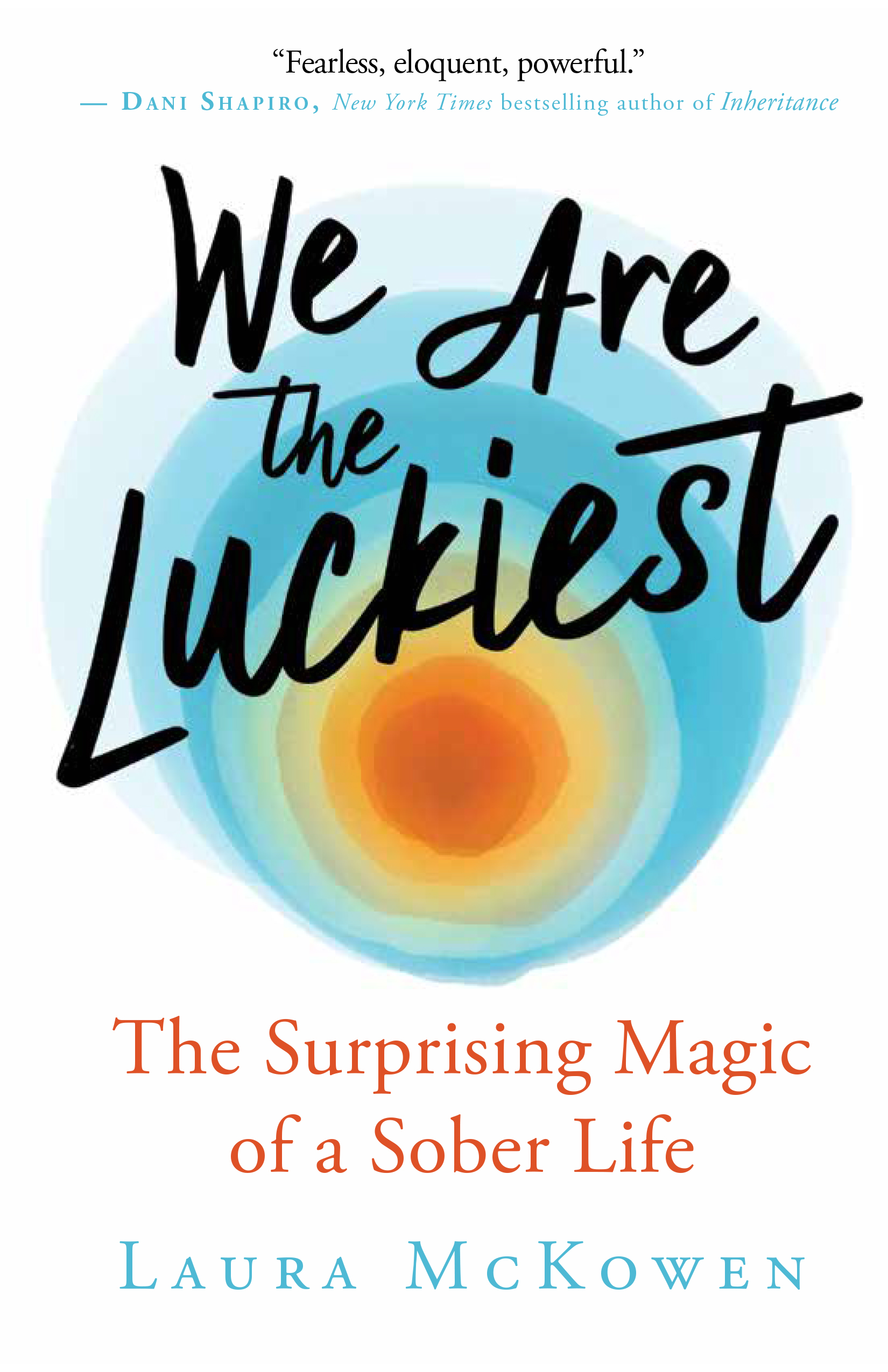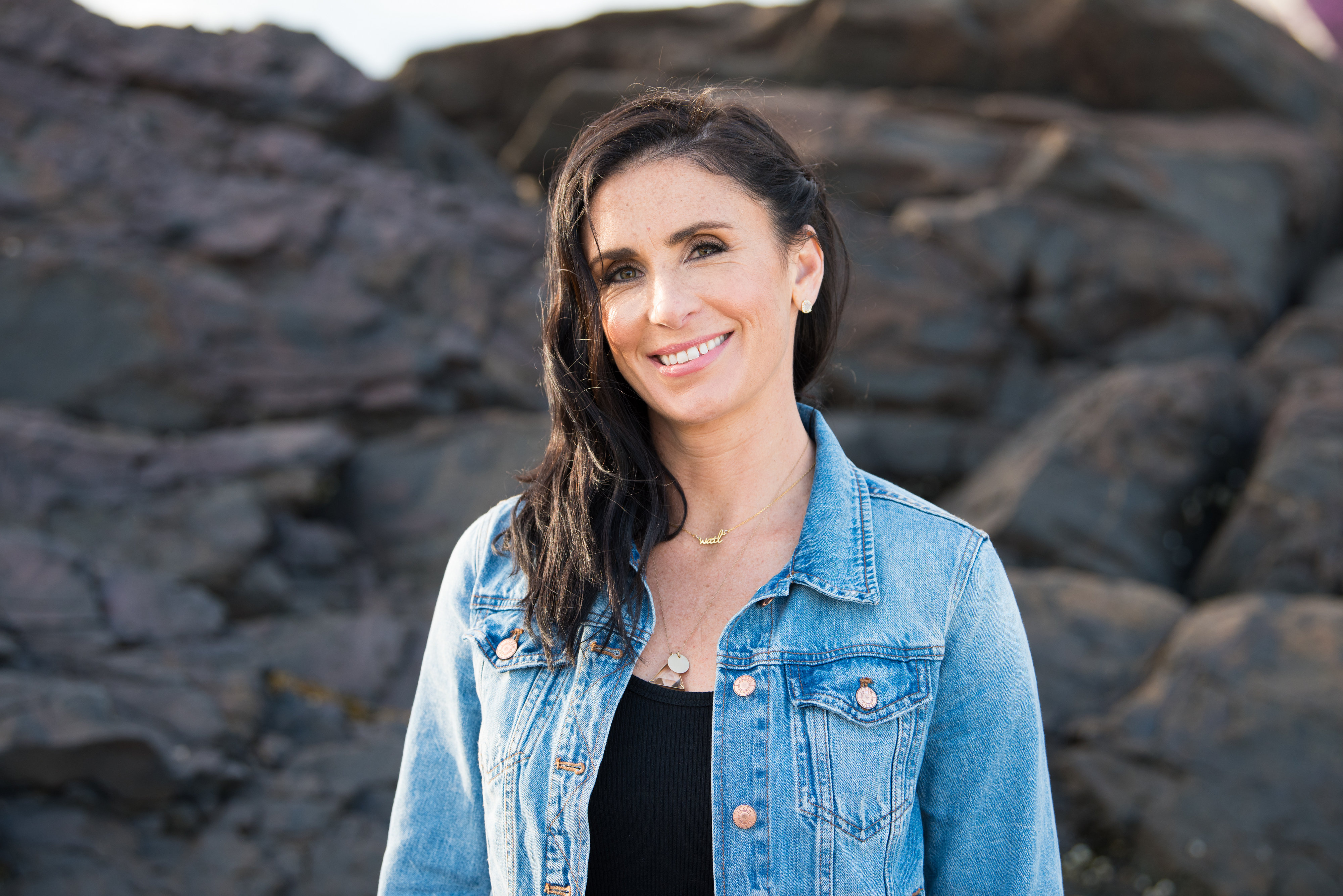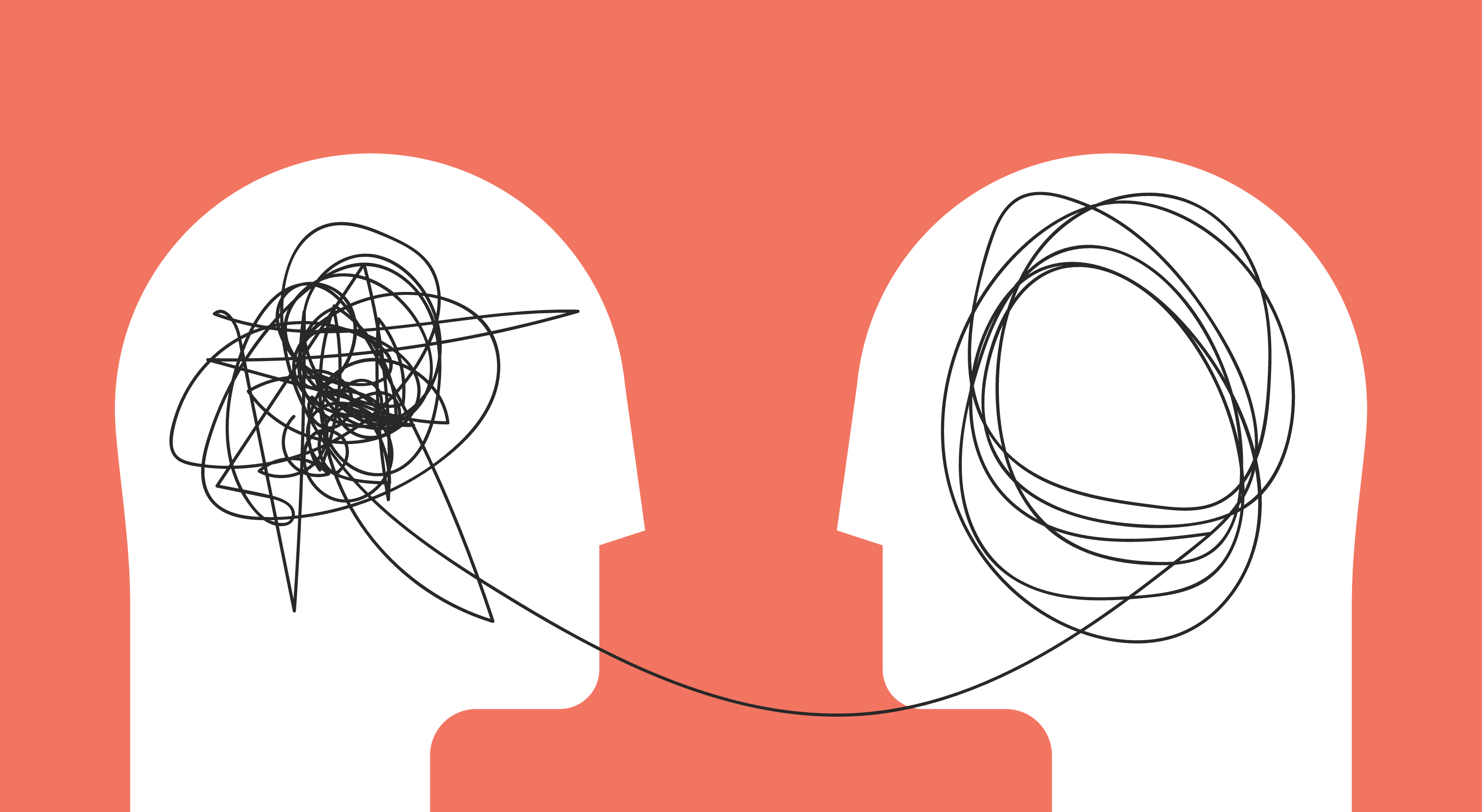On July 13, 2013, the night of my brother’s wedding, I left my four-year-old daughter alone in a hotel room overnight because I was blackout drunk. It shouldn’t have been a surprise, but it was — to me, to my family, to my friends who found out later. I had a twenty-year history with alcohol and sometimes it looked problematic, but mostly — except for the last couple of years, and even then only if you got really close — things looked normal enough. I was a thirty-five-year-old director at a global marketing agency, a marathon runner, a yoga teacher, and a mama to one. I rented a sweet home in an affluent seaside town north of Boston, I had plenty of friends and family who loved me and wanted me around, and although my marriage had recently fallen apart, I was ostensibly doing quite all right.
Except I wasn’t. I was so far from all right.
That night, the two worlds I’d been trying so diligently to keep separate collided: my interior life, full of secrets and cover-ups, nightly blackouts with wine and Ambien, crushing anxiety and exhaustion, and a growing fear of myself; and the external one, where I hosted dinner parties and brought my daughter to playdates, got better jobs and more promotions, dressed well, and regularly ran six miles around Boston at lunch. Waking up in a hotel room and realizing it was not my hotel room, that the body next to me wasn’t the sweet-smelling anchor of my baby girl but instead a strange man’s — a guest of the wedding, as I recalled — was nuclear. Just impossible. Despite all the trouble my drinking had brought me, I truly didn’t think it could ever supplant my mama instinct, my internal homing device that had always led me back to her, even in the dark, even when I was unconscious.
The next morning on my brother’s porch in Colorado, he recounted for me what had happened. I winced and gasped and choked on tears, and then he gently but firmly spoke the words I most dreaded hearing. “Laura. You aren’t someone who can drink. Other people can, but not you. You just can’t.”
I knew he was right. Somewhere inside — maybe since I was eighteen — I’d known this conversation was imminent. And yet I’d still managed to convince myself it couldn’t happen — not to me, not to someone like me. Over the coming days, weeks, and months, I’d beg for something else. Anything — give me anything else.
I know you’re probably thinking that’s when the tide turned, right? I left my daughter in a goddamn hotel room, and she could have been stolen, taken from me, or any number of other horrific scenarios could have played out. I imagine you’re assuming this was the proverbial “rock bottom” you’ve heard about, after which I surrendered, got myself into a 12-step program, and reluctantly but gratefully built a new life in sobriety.
Right?
Yeah, I thought it would be, too — or at least I thought it most certainly should be. While that night put a pin in my drinking and pricked a large hole in the bubble of my denial, it wasn’t the end. In some ways it was really only the beginning.
For the next year, I found out what hell on earth really was.
I wouldn’t — couldn’t — didn’t — get sober for more than another year. And in that time, I was burned to ash over and over and over again. I totaled my car. I woke up with more strangers. I put my daughter in danger. I fell so far out of integrity with myself, I didn’t trust I’d ever return. Not really. All the qualities that had served me so well up to that point — my willpower, charm, optimism, determination — couldn’t carry me through this, not all the way. I didn’t know what would.
And yet, in that time, I also started to taste a life without the stranglehold of drinking and its consequences. Eventually I made it through my first sober weekend in fifteen years, save the nine months of my pregnancy. I had my first sober Thanksgiving. Christmas. New Year’s Eve. I went to a sober Fourth of July barbecue and spent all twenty-four hours of my thirty-sixth birthday unpunctuated with wine. I started to meet a few sober people. I experienced the relief of mornings without a hangover or regret.
I put together days, then a couple of weeks here and there. I started to really kill it at work and even got promoted to vice president. I walked through big and small moments of my life sans alcohol. And although sometimes only by a thread, and although I often wanted to scream at the discomfort and unfairness of it all, and although I often wanted to rip off my skin, I slowly started to familiarize myself with the terrain of this new landscape.
Sobriety began to sing to me in a foreign but nostalgic tongue, like a language I maybe once knew but forgot. You see, I had always been a seeker. From the time I was young, I had a thirst for the deeper answers. Who were we? What were we doing here? What did we really want? What is God? My first sources of study were books — anything I could get my hands on — and music, and eavesdropping on adult conversations when I wasn’t allowed to just sit there and listen. By my thirties I’d read every spiritual and self-help book out there, and once iPods were invented, I constantly had teachers like Pema Chödrön, Wayne Dyer, Caroline Myss, and Marianne Williamson piping through my ears. As I started to experience sobriety, a recognition grew inside me. All I had absorbed over the years — the spiritual teachings, the questions of existence and suffering and meaning — they were no longer ideas I could passively explore; I had to test them against my own experience. I had to actually live into answering them, for myself.
Also from a very young age, I felt this presence in me. I used to call it a “big energy.” It fueled me to read and draw and craft and create whatever I could. It made me spontaneously cry when I heard someone sing from their soul; when I’d listen to live music; or when I’d see an athlete, a dancer, or anyone perform in their element.
Later, in my twenties and thirties, when I felt the big energy bubble up in my chest and I found myself in the company of the right kind of friend, I’d ask, “Do you ever feel like…I don’t know…you have something really big inside of you? Something that wants to be born?” A few friends nodded knowingly, asking what I thought my thing was. Once or twice I confessed, “I think it’s writing. I want to write.” But usually that felt too ridiculous, so I’d just shrug and let the question fade into the background again.
When I started to get sober, the big energy burst forth like a tidal wave. It was as if everything I’d been tamping down with alcohol crashed forward, and I began to write as if possessed. My mind was spinning constantly with ideas. I had no idea how to speak the truth in my real life, so I began to type it into screens first. I created a new Instagram account called @clear_eyes_full_hearts and started to post little bits of my experience. For a lover of words and images, it was perfect — I could post my favorite quotes and pictures and practice stringing together words to describe what was really going on with me. I dusted off my blog and started writing there, too. For the very first time in my life, at the age of thirty-seven, I started telling the truth.
It helped. I connected with other people who were in the same place. I found that even in my limited experience with sobriety, I had something to offer, as if there was a part of me that recognized this place I was heading already — that I had inhabited it before. I had a sense that sobriety — as much as it felt like a death sentence, like the unluckiest turn of fate — might hold some secrets I’d been longing to hear my whole life. This feeling would come and go. As incensed as I sometimes felt, more often I was wading in loneliness and anger and grief. I wrote about that, too. I wrote about everything.
One morning toward the end of my drinking, I emerged from a steamy underground train station in Boston on my way to work. I was terribly hungover again, shaking, sweaty, and brimming with rage — at myself, but more at this thing that still had me by the throat. I wondered: Where are my people, and why aren’t we talking about this?
I didn’t mean, Where are the alcoholics in quiet rooms talking about alcoholism? I’d been to hundreds of meetings and found invaluable help and comfort there. I didn’t mean, Where are the memoirs documenting train-wreck stories of addiction and eventual recovery? I’d read all those books twice.
I meant, Why aren’t we — the collective we, as in you and me — talking about this out loud ? Why — if we really want people to feel unashamed, and society to shift its misunderstandings and perceptions of addiction — do we still insist on anonymity and speaking in hushed, unfortunate tones? I didn’t quite buy that the only people who were in trouble with drinking were the ones qualified to be in a 12-step meeting, and I didn’t buy that all my deepest “character flaws” were unique to me as an “alcoholic.” Drinking did something different to me than some people, yes, but everyone I knew was running, numbing, escaping from themselves and their lives somehow.
Something big was amiss. This was bigger than alcohol, or addiction.
There was hiding and denying, everywhere.
Why did we try so hard not to see this? Why were we so afraid to tell the truth?
September 28, 2014, was my last Day One. I didn’t know it would be at the time. In fact, the only promise I made to myself that morning was that I wouldn’t make any more promises to myself.
As I write this today, it is now almost five years later, and in that time I’ve poured everything I have into answering those questions. This book is what I know of the answers — for me, for you, for all of us.
Maybe you didn’t get addicted to drinking booze, or taking pills, or trying to go unconscious night after night. Maybe your thing is chasing love, or sex, or being perfect, or keeping your body very small. Maybe you don’t have a thing, but you still feel a deadness inside and there’s a voice that haunts you — it finds you every morning just after you wake, before you remember yourself — whispering, Listen to me. Say yes to me.
I finally did it — I said yes. This book is the story of how, and what happened next. And I’m telling you the story I share in the pages that follow because I hope you’ll say yes, too. To yourself. To the voice. To all the terror and magic that follow. It is worth it. I could promise, but I won’t. Instead, how about you see for yourself?

Excerpted from the book We Are the Luckiest. Copyright ©2020 by Laura McKowen. Printed with permission from New World Library — www.newworldlibrary.com.
Follow us here and subscribe here for all the latest news on how you can keep Thriving.
Stay up to date or catch-up on all our podcasts with Arianna Huffington here.


